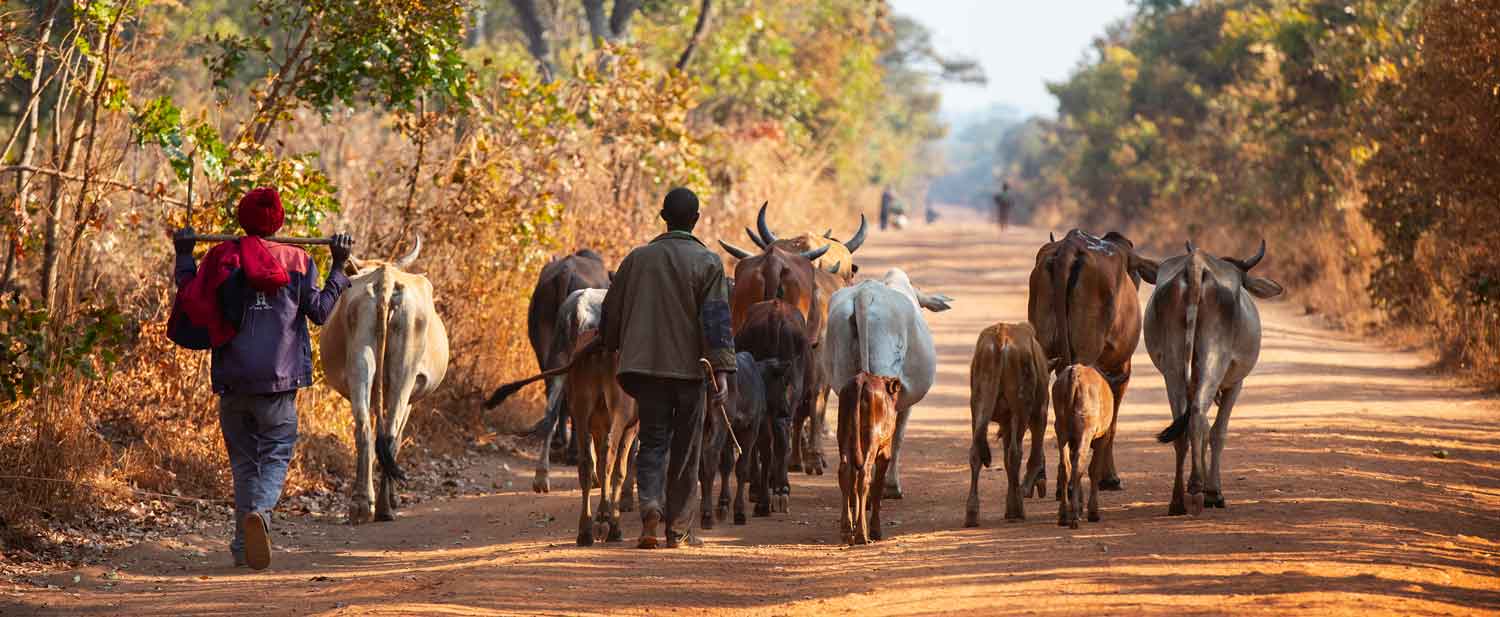|
Getting your Trinity Audio player ready...
|
With 96.7% of households adopting new production practices for milk, the nutritional benefits for adults and children have also improved
With 96.7% of households adopting new production practices for milk, the nutritional benefits for adults and children have also improved. As a result, 122% of households can make hay by cutting pasture grown from seed in their fields after receiving pasture seeds and learning how to preserve animal feed.
With a $6.21 million grant funding from the Global Environment Facility (GEF) (https://apo-opa.co/47xIl94) through the Bank, the project has complemented and climate-proofed the ADF (https://apo-opa.co/
In addition, 617 hectares of sustainable pasture for livestock have been created, 112 kilometres of fire-break roads constructed, 258 community village land-use plans developed, and 45 solar-powered boreholes dug to provide livestock farmers with access to water. Consultants have also developed 10 good practice manuals for indigenous livestock management and created a livestock early warning system. The project also equipped six livestock farms with biogas digesters to reduce greenhouse gas emissions.
Capacity-building activities and various awareness campaigns on adapting to climate change were implemented to support the project. Activities included training farmers in building biogas digesters, building capacity for adapting to sustainable land-use management, conserving fodder for livestock during the dry season, and assessing climate risk and adaptation skills for livestock farmers.
Local artisans were also trained in manufacturing equipment related to livestock farming as a source of income diversification. Various knowledge adaptation products were produced, including documentary videos from the National Agricultural Information Services on the livestock pass-on scheme and the effects of climate change on animal production.
“The project team also participated in various events organized by adaptation practitioners, such as national and annual agricultural and trade shows and study visits by farmers in the Southern province.
The project has strengthened other sub-sectors, such as plant production, which is essential for improving the livelihoods of small farmers, along with integrated farming.
Raubil Durowoju, African Development Bank Country Manager for Zambia, highlighted gender mainstreaming in all project activities.
“Among other things, women’s groups benefited from training and climate-resilient livestock restocking programmes through the pass-on scheme. Women represented over 40% of the target beneficiaries,” Durowoju,” he said.
Mr. Gethings Chisule, the Government Provincial Coordinator for Northern Province, noted that the project had improved the income levels of smallholder livestock farmers through improved livestock production and productivity.
He also underscored the project’s contribution to climate resilience and adaptation among farmers. The Project also built the capacity of the Government staff and smallholder farmers. He thanked the stakeholders, including the Global Environment Facility and the African Development Bank, for their support during the implementation period.
Ms Naboth Zulu, a Musa Dairy Cooperative (Kasama District) member, indicated that he was given two heifer-dairy animals on condition that he should pass on the offspring to the next beneficiaries to increase the number of recipients. The animals produce an average of 18 litres daily, which has helped him earn income to educate his children and provide food for his family, thus improving their livelihoods.
About the African Development Bank Group:
The African Development Bank Group (AfDB) is the premier multilateral financing institution dedicated to Africa’s development. It comprises three distinct entities: the African Development Bank (AfDB), the African Development Fund (ADF) and the Nigeria Trust Fund (NSF). The AfDB has a field presence in 41 African countries, with an external office in Japan, and contributes to the economic development and social progress of its 54 regional member states. For more information: www.AfDB.org
SOURCE
African Development Bank Group (AfDB)






